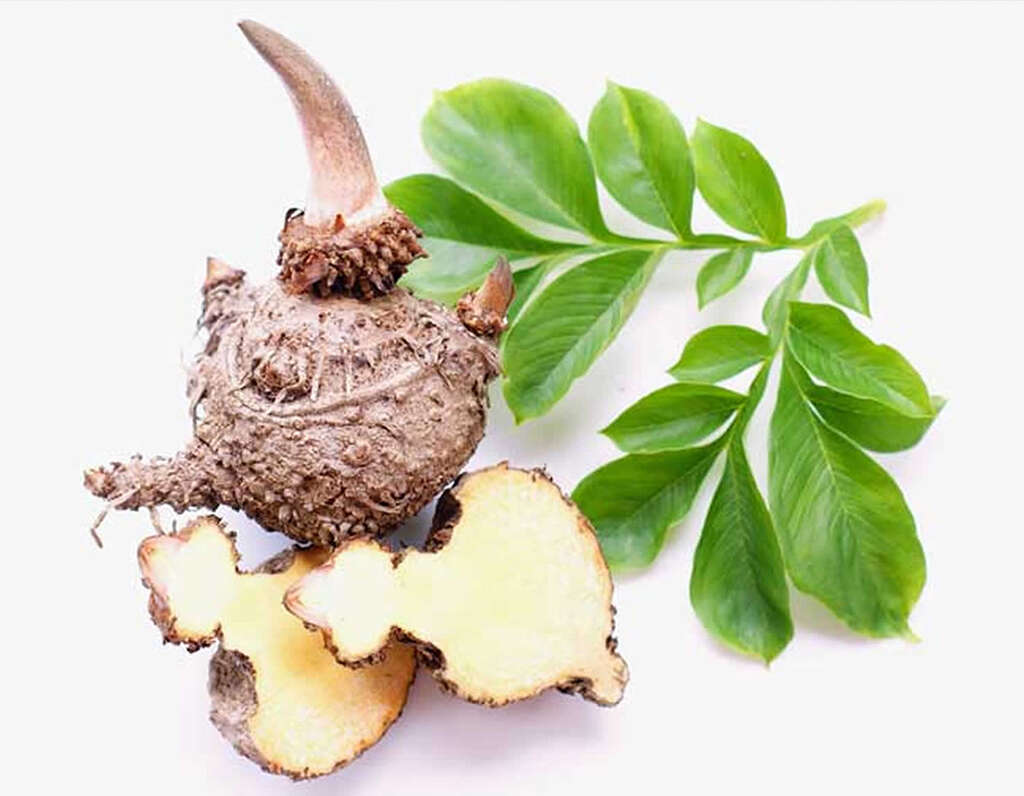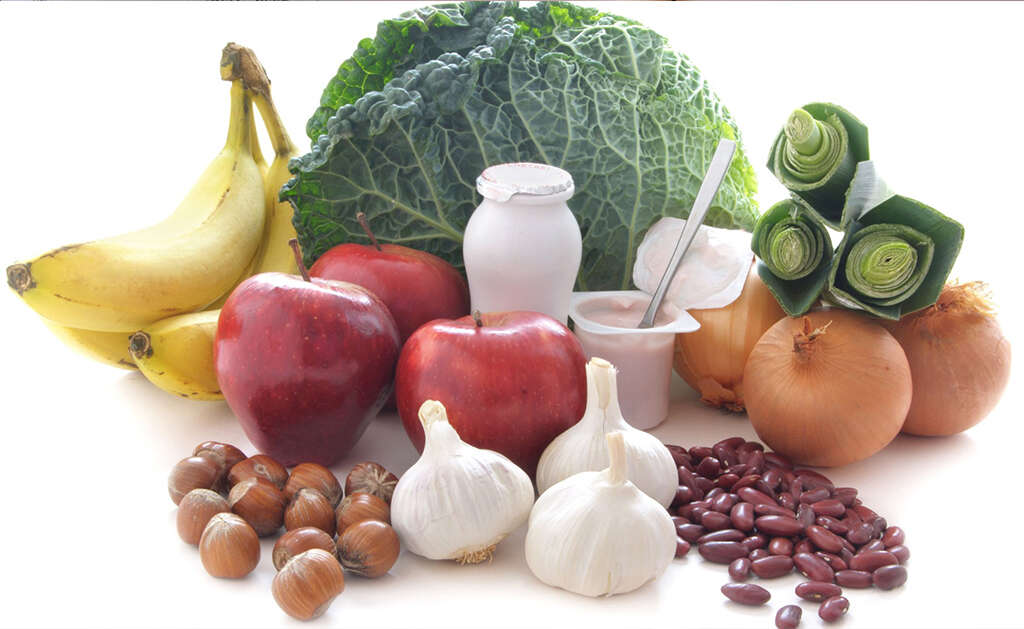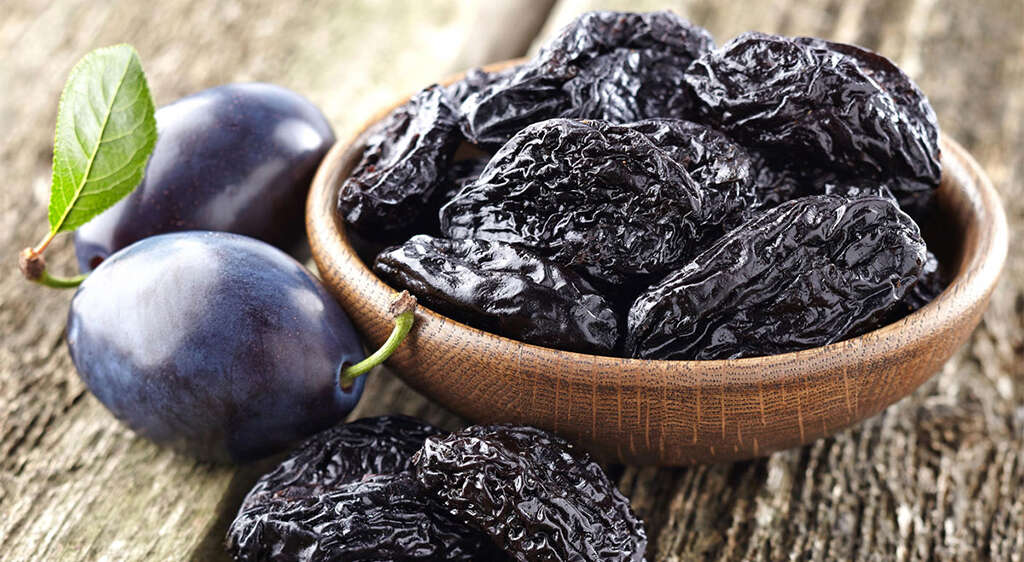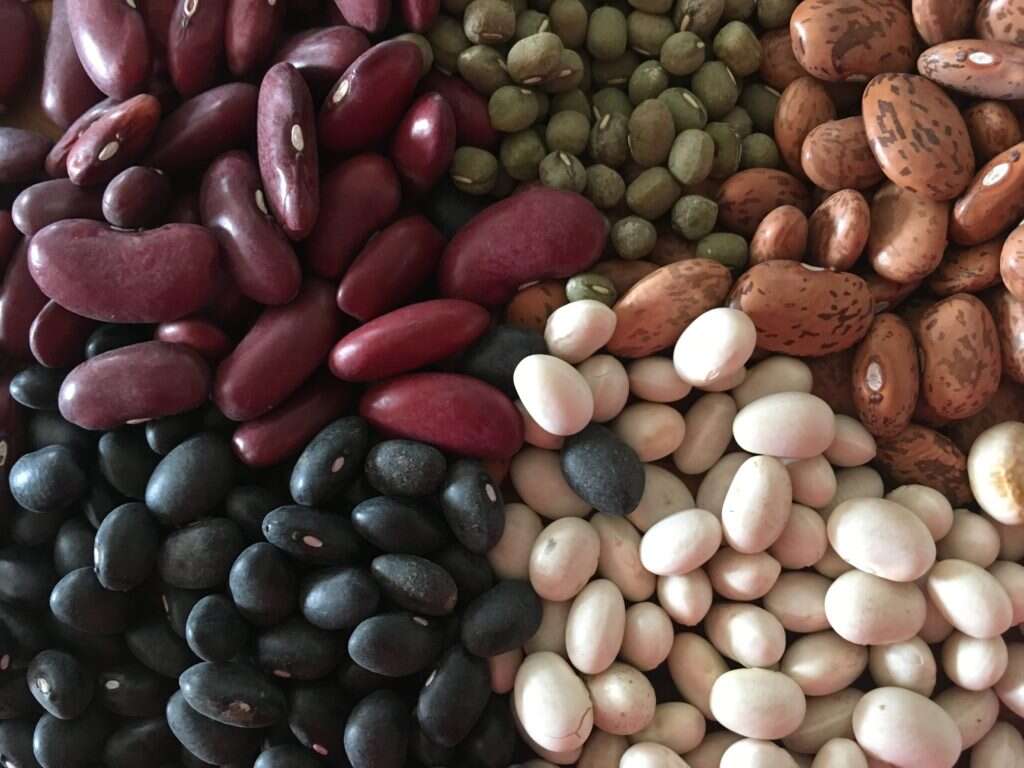10 Constipation Home Remedies
Constipation occurs when the bowel movements are hard to pass or become infrequent. The stool is often described to be hard and dry. Other possible associated symptoms of constipation include abdominal bloating, abdominal pain, abdominal cramps, and the feeling where one has not completely passed the bowel movement. Constipation can also lead to complications such as anal fissure, hemorrhoids, fecal impaction, and more. In adults, the normal frequency of bowel movements ranges from three a day to three a week.
This is more often in babies and younger children. In babies, the normal amount of bowel movement is approximately three to four a day while in young children, it is usually two to three bowel movements a day. Constipation can be caused by various conditions such as irritable bowel syndrome, slow movement of stool in the large intestine, hypothyroidism, pelvic floor disorders, celiac disease, Parkinson’s disease, colon cancer, non-celiac gluten sensitivity, inflammatory bowel disease, diverticulitis, and many more. It can also be due to the side effect of medications such as antacids, opioids, anticholinergics, and calcium channel blockers. As many as 90 percent of patients on opioids experience constipation. If it is associated with blood in the stool, anemia, weight loss, history of colon cancer in the family, or of new onset in an older individual, constipation may be of more concern.
The treatment and management of constipation ultimately depends on the cause and duration of constipation. Laxatives such as osmotic agents, bulk forming agents, stool softener, or lubricant can be beneficial. The rate of constipation is estimated to be 2 to 30 percent among the general population. The prevalence is higher among the elderly especially those in a care home with rates ranging from 50 to 75 percent. In the United States, it is estimated that more than $250 million is spent on medications for constipation annually.

Constipation Home Remedy #1: Plenty of Water
Not drinking enough water can result in dehydration which leads to constipation. This is why it is important to drink plenty of water to stay hydrated. Carbonated water can also be beneficial in helping one rehydrate. This is seen in several studies which found that sparkling water may be more effective compared to normal water when it comes to relieving constipation.
It is also beneficial for those with irritable bowel syndrome or chronic idiopathic constipation. However, it should be noted that carbonated drinks such as soda are a bad choice and can worsen constipation.

Constipation Home Remedy #2: Probiotics
Probiotics can be beneficial for those with chronic constipation as it helps improve the balance of gut bacteria. Probiotics can also help by producing short chain fatty acids and lactic acid that improves gut movement.
Besides probiotic supplements that are available in the store, it may be more beneficial to consume foods that contain natural probiotics such as sauerkraut, yogurt, and kimchi as these foods contain good bacteria. Those who opt for probiotic supplements should try it for a minimum of 4 weeks to observe if there are any beneficial effects.

Constipation Home Remedy #3: Fiber
It is well known that those who experience constipation should increase their intake of fiber as it helps increase the consistency and bulk of stool, allowing them to pass easier. While some studies have found that individuals with chronic constipation may benefit from fiber supplements, there are also some that have observed the increased fiber intake may worsen constipation. Other research observed that while dietary fiber increases the frequency of bowel movements, it does not alleviate other symptoms such as pain, gas, bloating, and consistency.
The varying results may be due to the different types of dietary fiber. Insoluble fibers found in whole grains and vegetables bulk up the stool and helps it to pass quickly. However, soluble fibers found in beans, barley, nuts, bran, lentils, peas, and more absorb water forming a gel-like paste which improves the consistency. Therefore, the best choice is a non-fermentable soluble fiber supplement such as psyllium.

Constipation Home Remedy #4: Low FODMAP Diet
FODMAP stands for fermentable oligosaccharides, disaccharides, monosaccharides, and polyols. A diet low in FODMAP involves reducing foods that contain these substances before reintroducing them slowly back into your daily diet. It is an elimination diet that is often used in the management of irritable bowel syndrome. It is beneficial for those who experience constipation due to irritable bowel syndrome.
Foods such as wheat, legumes, rye, garlic, onions, milk, soft cheese, honey, agave nectar, blackberries, and lychee should be avoided. However, while a low FODMAP diet alone may help with symptoms, it is not sufficient to relieve constipation and should be practiced in combination with consuming more fiber and staying hydrated.

Constipation Home Remedy #5: Exercise
While the studies on the effect of exercise on constipation have shown mixed results, it is still a healthy option that is worth a try. Exercise may be more beneficial to irritable bowel syndrome patients who experience constipation as it significantly reduces the symptoms of constipation. Some experts believe that exercise helps constipation by decreasing the transit time for food to move through the colon.
It is also thought that the increased breathing and heart rate also may help stimulate the natural contractions of muscles in the intestines helping the stools to move out quickly. A regular walk that lasts about 10 to 15 minutes a day, yoga, or stretching can make a big difference!

Constipation Home Remedy #6: Glucomannan
Glucomannan is a type of water-soluble fiber that is derived from konjac root. It has been shown to be beneficial for those with constipation. A study on children with constipation found that glucomannan helped 45 percent of the participants.
Besides improving bowel movements, it has also been found to function as a prebiotic and helps with the balance of good bacteria in the gastrointestinal tract. Besides taking a glucomannan supplement, it can also be found in shirataki noodles.

Constipation Home Remedy #7: Coffee
Some individuals find that caffeinated coffee can help increase the urge of having a bowel movement as it stimulates the muscles in the digestive tract. One study even found that it helps to stimulate the gut in the same way a meal does.
It is thought that the effect of caffeinated coffee is 23 percent stronger than decaffeinated coffee and 60 percent stronger than water. It may also have small amounts of soluble fibers that improve the balance of gut bacteria.

Constipation Home Remedy #8: Magnesium Citrate
Magnesium citrate is a preparation where the ratio of magnesium to citric acid is 1:1. It can be used as a saline laxative to help empty the bowel. Easily available without a prescription, it can also be used in a pill form.
It helps by attracting water through the process of osmosis into the intestines leading to defecation. It works best on an empty stomach and should be taken together with a full glass of water. It is a popular home remedy to help with constipation.

Constipation Home Remedy #9: Prebiotics
Prebiotics are compounds that help stimulate the activity or growth of good microorganisms. Consumed, it alters the balance of organisms in the gut. It is usually non digestible fiber compounds that is undigested and passes into the large intestines.
It then stimulates the activity and growth of good bacteria by acting as a substrate. Foods that contain prebiotics include unrefined barley, raw oats, whole grain cereals, yacon, garlic, bananas, onions, and more.

Constipation Home Remedy #10: Prunes
Prunes refer to dried plums. However, the term cannot be applied to the fresh fruit itself. Prunes and prune juice are often touted as a natural remedy for constipation as it not only contains fiber. Prunes also contain a natural laxative known as sorbitol. Many studies have shown that prunes can be more effective than fiber.
To be effective, it is estimated that approximately 50 grams of prunes should be consumed twice a day. However, patients who experience constipation due to underlying irritable bowel syndrome should avoid prunes as it contains sugar alcohols and should be excluded as part of the low FODMAP diet.












